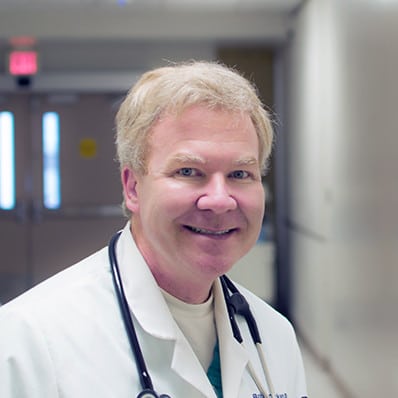Mastering Medical Emergencies: Dr. Robert Corkern’s Proven Techniques for Saving Lives
Mastering Medical Emergencies: Dr. Robert Corkern’s Proven Techniques for Saving Lives
Blog Article

As it pertains to healthcare, many people often confuse crisis medicine with internal medicine. Equally are crucial branches of medicine, but they serve different roles in patient care. Dr Robert Corkern Mississippi, a famous medical expert, describes the key variations between those two specialties, shedding light on their unique stresses and how each contributes to individual health. Knowledge the variation between crisis medication and inner medicine might help patients greater navigate their healthcare wants and make informed decisions.
The Focus of Emergency Medicine
Disaster medicine is made to provide immediate, acute look after individuals facing urgent or deadly conditions. Crisis physicians work in hospitals' crisis divisions (EDs), where they're the first position of contact for individuals experiencing extreme accidents, shots, heart problems, or other medical emergencies. Dr. Corkern stresses that emergency medicine is about stabilization and quick decision-making. Crisis physicians are qualified to take care of a wide variety of medical situations, often with out an in depth medical history of the patient, and must produce fast judgments predicated on restricted information.
The principal goal of emergency medication is to avoid more damage, stabilize the individual, and start the correct interventions. From injury treatment to controlling heart episodes or shots, emergency physicians are specialists in handling acute symptoms and giving life-saving solutions in high-pressure environments.
The Position of Inner Medicine
On the other hand, inner medicine centers on diagnosing and controlling persistent disorders and conditions that influence adults, such as for example diabetes, hypertension, and heart disease. Inner medicine specialists, or internists, work with individuals over a lengthy period, providing comprehensive care and avoidance strategies. Dr. Corkern explains that inner medicine is largely focused on the whole-body administration of non-emergency medical issues. Internists frequently function as main treatment medical practioners, managing routine check-ups, controlling ongoing solutions, and corresponding care for people with complicated, long-term wellness issues.
While disaster physicians address immediate issues, internists have a more holistic and long-term way of individual health. They frequently function directly with specialists in places like cardiology, pulmonology, and nephrology to manage chronic problems and make sure that patients receive coordinated take care of multiple wellness concerns.
Teaching and Method of Attention
Dr. Corkern highlights the differences in the training necessary for equally fields. Emergency medication requires physicians to be prepared for a wide spectrum of situations that could require quick, life-saving interventions. Crisis doctors are qualified to control trauma, important illness, and acute exacerbations of chronic conditions. That training involves huge focus on acute attention and sophisticated life-saving procedures, frequently in high-stress environments.
On one other hand, inner medicine physicians undergo extensive education in the reduction, diagnosis, and therapy of chronic conditions. They focus on providing long-term care, usually controlling a patient's medical record and matching with different specialists. The internist's strategy is patient-centered, with a focus on long-term health maintenance and illness prevention.
When to Seek Crisis Medicine or Inner Medicine
Knowing when to seek disaster medication versus internal medicine will make most of the big difference in the speed and form of treatment someone receives. If you're experiencing a medical emergency, such as for example extreme chest suffering, trouble breathing, or unexpected loss in mind, the emergency room is the right destination for a go. Nevertheless, for continuous health problems, serious infection management, or overall health maintenance, an interior medicine specialist is usually the most effective place of contact.
Conclusion:
Both emergency medication and internal medicine enjoy vital roles in patient care, but their techniques, concentration parts, and teaching differ significantly. Dr Robert Corkern's description gives clarity on what these specialties purpose and when each is many relevant. By knowledge the distinctions, individuals can better understand their healthcare wants and guarantee they are seeking the proper form of care at the best time. Whether facing an urgent situation or managing a chronic issue, both specialists are integral in sustaining and increasing health.
Report this page